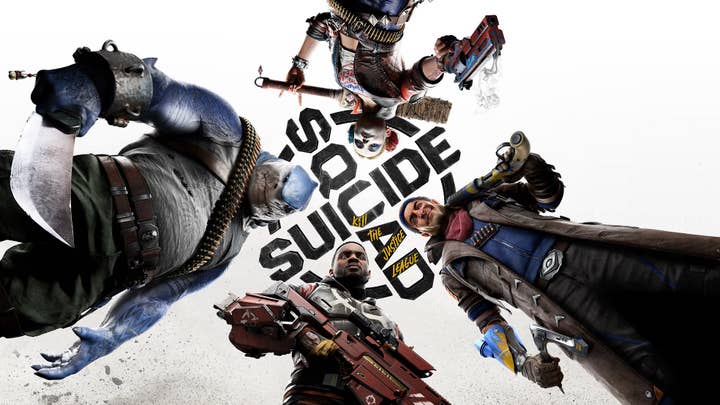Industry insiders attribute Suicide Squad's shortcomings to evolving creative direction and a deficiency in live service expertise
Challenges such as frequent changes in direction, demanding leadership, and Rocksteady's inexperience with multiplayer and live service formats have been cited as key factors in the disappointing performance of Suicide Squad: Kill The Justice League, according to a new analysis.
Released at the end of January by Warner Bros, the game did not meet sales targets, as confirmed by Warner CFO Gunnar Wiedenfels. The struggles became more apparent when Warner Bros CEO David Zaslav disclosed in the following month that the game's poor performance resulted in a $200 million loss for the company, impacting the first-quarter results.
In a comprehensive report from Bloomberg, over 20 project insiders revealed that Rocksteady was not initially assigned to develop Suicide Squad. Instead, it was initially being developed by Warner Bros' Montreal studio before Rocksteady, which had been working on a multiplayer puzzle game called Stones, took over after Stones was canceled in late 2016.
Rocksteady was persuaded to turn Suicide Squad into a live service game, inspired by the success of titles like Destiny and League of Legends. However, this decision made some within the company uneasy as the studio was not well-versed in this game model. The challenge extended to supporting four players simultaneously in a complex game world, which was a new frontier for the studio.
To address these challenges, Rocksteady expanded from 160 to over 250 employees over seven years, although this rapid growth proved difficult for management. The direction of the game also kept shifting; an initially planned vehicle system was eventually canceled, and combat transitioned from melee to shooting, which misaligned with certain characters' established combat styles.
Despite these hurdles, management was optimistic that the game would come together, a sentiment some employees described as "toxic positivity." The pressure to make the game a billion-dollar franchise, despite the underperformance of related games like Marvel's Avengers and Anthem, added to the strain.
The departure of Rocksteady co-founders Jamie Walker and Sefton Hill in late 2022 had also impacted the project. Their exit, leading to the formation of a new studio, Hundred Star Games, came during a critical phase. However, Hill's alleged perfectionism, which reportedly caused delays by taking extensive time to review work, also contributed to slowdowns.
Post-release, Rocksteady is not expected to face layoffs despite the game's failure, as Warner Bros considers the studio already understaffed relative to other publishers. Currently, Rocksteady is involved in developing a 'director's cut' of Hogwarts Legacy and working on proposals for a new single-player game.
